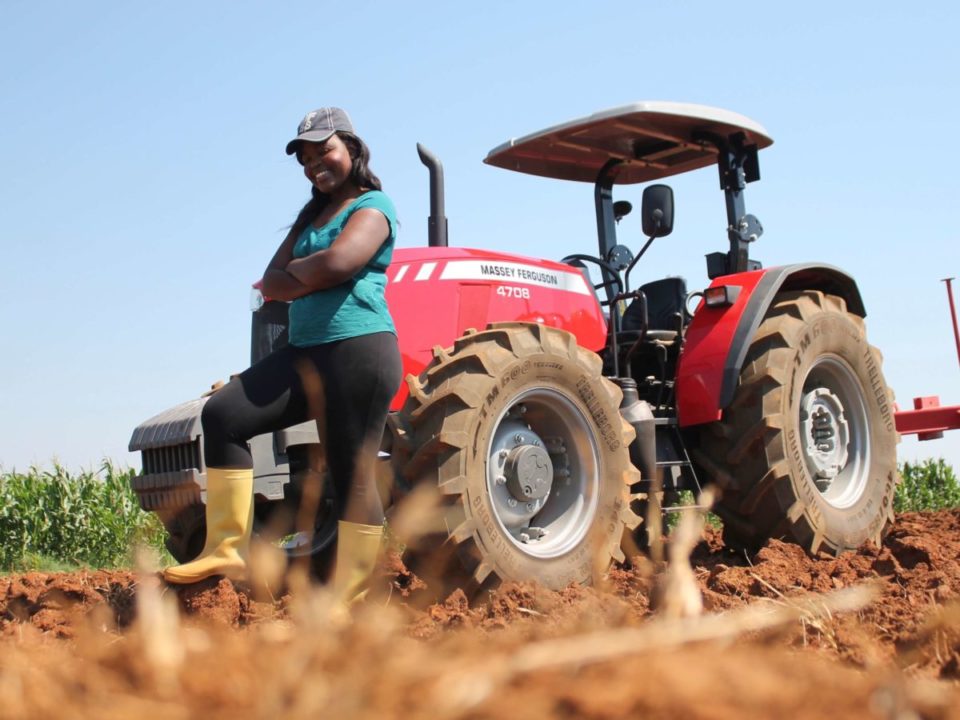Agriculture minister Calle Schlettwein on Monday warned that a lack of wealth for women involved in the agriculture sector needs to be addressed. The minister stated that Namibia must devise policies to ensure women acquire wealth if it wants to realistically empower them in the sector.
“If you want to talk of the role of women in agriculture, don’t talk about how many are employed, but how many are owning the means of production for their wealth generation,” said Schlettwein during a Covid-19 panel discussion on women in the agricultural sector.
He noted that wealth creation should be equally shared in the sector while arable land is a scarce resource, and furthermore advised agri-producers to acquire the wealth they need to enter the export market by providing the best-quality surplus.
The minister said while Namibia has been practising extensive agricultural systems for the past decades, he is worried the country has not intensified agricultural production. This, he warned, needs to happen, along with bringing urban agriculture into focus.
“We have to produce more on smaller pieces of land. Agriculture is more than farming. We have to look at the entire value chain from production to consumption and all the links in-between,” reasoned Schlettwein.
Demographically, 51.4% of agricultural producers in Namibia are women, and the ministry has resettled 37% of females in non-group schemes. It is particularly here where the agriculture ministry believes the country is underperforming.
“Most women employed in the agriculture sector are for own consumption or at subsistence levels. The problem is that women are not owning the means of production, nor do they own the production itself. They are involved as labourers, sometimes under very bad conditions,” he stressed.
During the same panel discussion, Presidential advisor for youth matters Daisry Mathias said there is a need to address capacity-building in general for women in the sector.
She said over the last 30 years, investments in the sector had averaged about 6%. In 2019 alone, out of some N$30 billion of domestic capital inflows, only N$1.9 billion went into agriculture. Furthermore, the loan books of local commercial development funding institutions indicate agricultural sectoral investments of only N$7.8 billion, which is about 7% of total domestic loans.
“We need to create a stimulus and optimise production before we also talk about offtake and market access. There is much need to leverage technology and help farmers become climate-resilient,” Mathias emphasised.
Meanwhile, Food and Agriculture Organisation (FAO) representative to Namibia, Farayi Zimudzi, noted that there is a clear recognition from within Namibian society that without supporting youth and women, the country will have no hope of efficient food systems. These systems need to be inclusive to lead the country into achieving zero hunger as a key Sustainable Development Goal (SDG). Zimudzi also believes that there is enormous potential in women in Namibia along the value chain to turn around livelihoods in the country.
Helvi Shindume, founder of Women In Agriculture Namibia (WIAN), revealed during the discussion that women account for about 59% of both skilled and subsistence agricultural work, although the sector is dominated by a male workforce.
“Overall, women dominate subsistence and communal farming activities, but their performance in the sector is on a lower scale, which is not sufficient for our country. There is an opportunity to grow these women onto a much more commercial level to earn income and contribute to the gross domestic product (GDP),” she outlined.
WIAN ensures women have access to relevant information with the aim to improve and encourage more female participation in the sector. Shindume then pointed out that land ownership remains the biggest challenge for women in Namibia.


